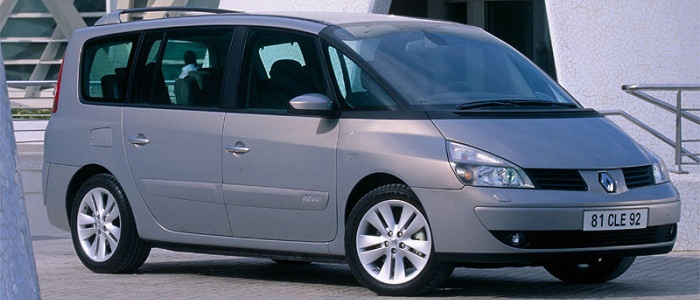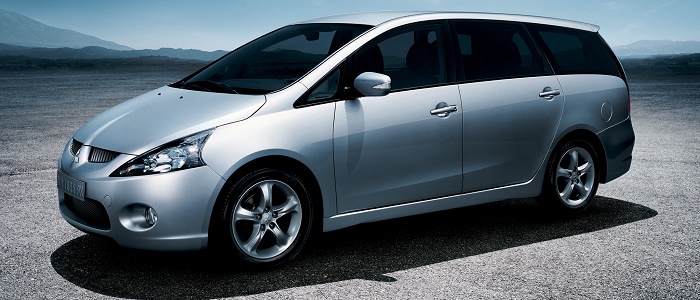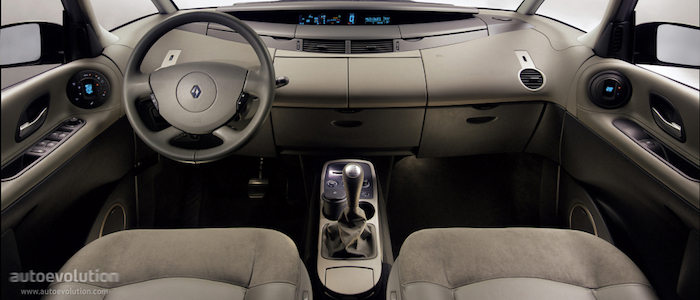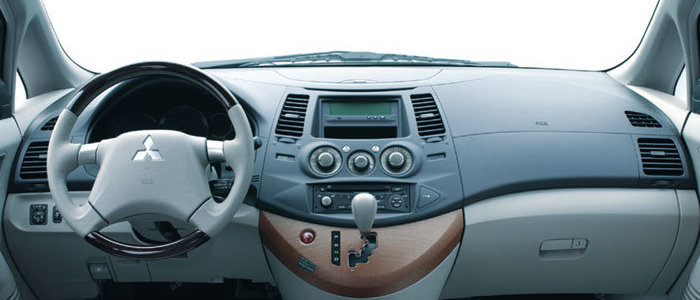Compare two cars
Compare any two cars and get our Virtual Adviser™ opinion
Marketing
Dimensons & Outlines
Engine
Performance (manual gearbox)
Performance (automatic gearbox)
Expenses
Virtual Adviser's™ opinion
Well, these are two pretty similar cars we have here! It's only details that could potentially make the difference. Considering they both belong to the mpv segment and utilize the same 5-door MPV body style and the front wheel drive system, it all comes up to the specific diesel engine choice they offer. The first one has a Renault-engineered powertrain under the hood, a 4-cylinder, 12-valves 150hp unit, while the other one gets its power and torque from a 4-cylinder, 16-valves 136hp engine designed by Volkswagen.
SafetyThe fact that the Renault got tested by the European New Car Assessment Programme (Euro NCAP), while the other contender didn't, puts it sky-high safety-wise, in my eyes at least. Moving further on, let's take a closer look at some additional safety-related facts. Both vehicles belong to the mpv segment, which is generally a good thing safety-wise, but it doesn't do much to help us decide between the two. Furthermore, taking kerb weight as an important factor into account, the French car offers a considerable difference of 12% more metal.
ReliabilityI don't like generalizing things when it comes to reliability, although it does seem that Renault does have a slight advantage, all the models observed together. That's the official data, while our visitors describe reliability of Renault with an average rating of 4.1, and models under the Mitsubishi badge with 4.6 out of 5. Some independent research have also placed Grand Espace as average reliability-wise, and Grandis is more or less at the same level.We should definitely mention that owners of cars with the same powertrain as the French car rank it on average as 2.3, while the one under the competitor's bonnet gets 4.5 out of 5.
Performance & Fuel economyMitsubishi is a bit more agile, reaching 100km/h in 0.7 seconds less than its competitor. In addition to that it accelerates all the way to 195 kilometers per hour, 7km/h more than the other car. When it comes to fuel economy the winner has to be the Japanese car, averaging around 6.6 liters of fuel per 100 kilometers (43 mpg), in combined cycle. We can't ignore that 20% difference compared to the French car.
Verdict
Mitsubishi appears just a bit more reliable, although the difference is truly marginal. The most important thing when deciding between any two vehicles should always be safety, both passive and active. In my opinion, everything taken into account, the French car beats the other contender by far, making it the best choice without even considering other things. From there things take a different direction, with Mitsubishi offering somewhat better performance, just enough to call it quicker. To make things even better, it consumps less fuel! No mistake, whatever you decide here, but I'd still go for the Renault. Nevertheless, let's not forget that people have different preferences and needs, so what really counts is your personal feel. I'm only here to help. In case you have two minutes to spare I invite you to define your needs, desires and budget and see which car would be chosen by the virtual adviser™, out of 12.000+ vehicles we currently have in our database.


































